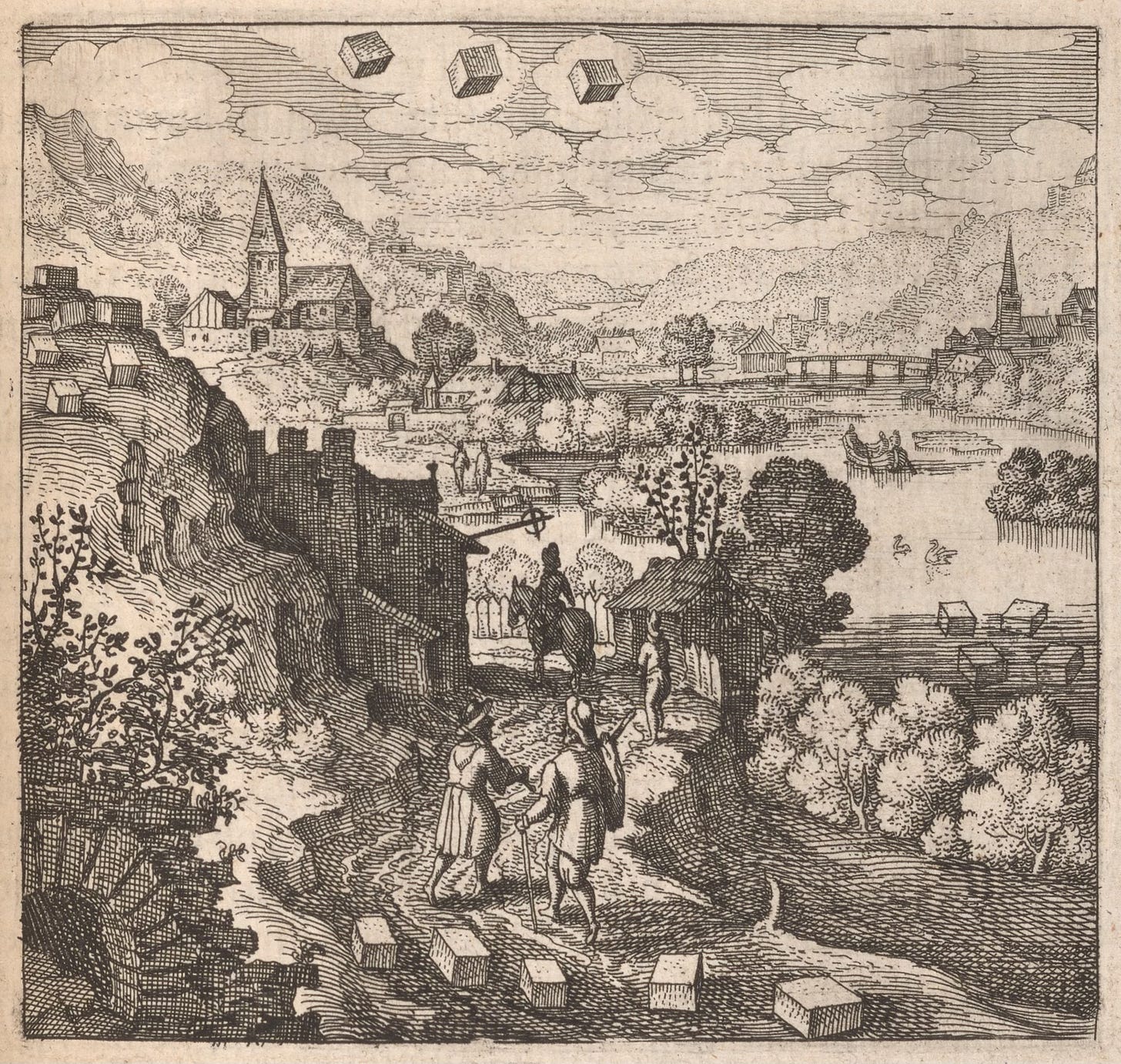“There are people who use psychology only to get a label to attach to things. Then they are done. Then it just belongs to psychology. One must never forget, psychology is only a stammering stopgap measure, so that one is able to talk about life at all.”
~ C.G. Jung 1
I love this quote because it reveals how much Jung was aware that his psychology not only was a means for gaining a deeper understanding of the symbols that appear in dreams, myths, and religion, but that it was, in fact, a symbol itself.
The point of psychology is not to justify psychology. Nor is it to reduce the whole of human experience to some part of our functioning — the firing of neurons, the activity of thought, or even the relative consciousness of one’s shadow. The point of psychology, says Jung, is Life.
If what we are doing does not facilitate a more complete engagement with this life that we are living, then we are like people who diligently study and try to memorize the menu but never order a meal. We are bound to stay hungry.
And although the idea of living life may seem self-evident, the truth is that we can be so deceived by the familiar ordinariness of our days that we forget, or fail to see, that we walk in the midst of mysteries. I know that is certainly the case for me. The unmistakable presence of the ten thousand things that surround me, of course, present themselves to be so obvious and tangible that the sheer impossibility of existence fails to make an impression on me.
Abraham Joshua Heschel once noted that, as people of a technological age, we have lost a capacity for wonder. He wrote, “Wonder or radical amazement, the state of maladjustment to words and notions, is therefore a prerequisite for an authentic awareness of that which is.”2

Our attachment to “words and notions,” to concepts, categories, names, and systems of thought, then, does not reveal life to us, nor does it open our hearts to receive it. Rather, it becomes a defense against life, foreclosing the possibility of our full participation in and with it. It is only when we can hold these objects of our attachment loosely and even, in the end, let them go altogether, that we are free to participate in life directly, with immediacy and intimacy.
I come back to this quote of Jung’s often. I find it is a good reminder to lift my eyes from the page and to return my attention to the living, breathing world around me. It does me no good, for instance, to understand, say, the symbolism of a tree, if I have never experienced the way that watching the wind blow through the crown of the old maple just outside my window changes the rhythm of my own breathing. If I do not feel that secret kinship, I will never know the truth of that tree, nor the one spirit that moves in us both.
As rich and deep and meaningful as I find Jung’s psychology to be, it can be no help to me if the only thing it gives me is a way to think about life. The point, of course — as Jung well knew — is not to think life, but to live it.
Until next time.
On Psychological and Visionary Art, p. 84
God in Search of Man, p. 46


Good points to ponder. Jung said that in psychology subject and object are the same. It is like trying to look at the eye with the eye. "A sign is always less than the the thing that it points to, and a symbol is always more than we can understand at first sight. Therefore we never stop at the sign but go to the goal it indicates; but we remain with the symbol because it promises more than it reveals."
I am glad you are back. Thank you for a beautiful show.
Hathaway